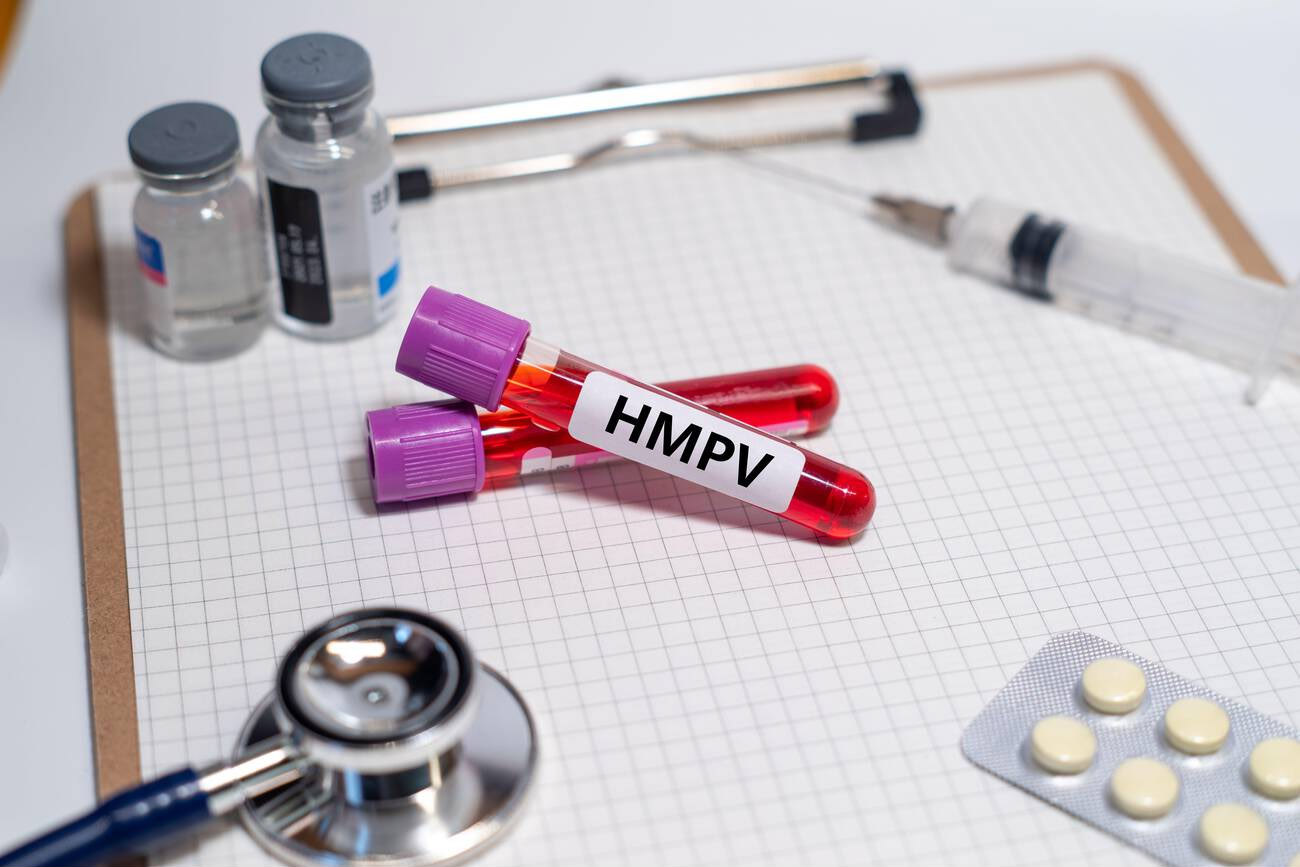Bengaluru/Chennai/New Delhi, Jan 6: On Monday, health officials confirmed four instances of HMPV infections in Karnataka and Tamil Nadu. Both state and central authorities have reassured the public that there is no cause for alarm, sharing that they are actively “monitoring” the developments closely.
Join Daily Excelsior on WhatsApp for the Latest News
In addition, one case was identified in Gujarat, bringing the total number of reported cases nationwide to five. In a video message, Union Health Minister J P Nadda highlighted that the country’s health systems and surveillance networks remain vigilant to swiftly address any health challenges that arise. “There is no reason for concern; we are closely overseeing the situation,” he stated.
The Karnataka government has urged citizens to remain calm, indicating that the identified infections are caused by virus strains that are not considered life-threatening. The human metapneumovirus (HMPV), which has led to a rise in respiratory illnesses in China recently, was detected in two infants during routine surveillance conducted by the Indian Council of Medical Research. One case involved a three-month-old girl with a history of bronchopneumonia who has since been discharged from Baptist Hospital in Bengaluru. Another eight-month-old boy with a similar medical background tested positive for HMPV on January 3 and is currently recovering.
Both infants have no prior history of international travel, emphasizing that HMPV is already circulating globally, including in India, with respiratory illnesses tied to it reported in various countries. In Chennai, health officials have confirmed two cases of HMPV without providing further details.
Karnataka Chief Minister Siddaramaiah has instructed the health and medical education departments to implement all necessary precautions. He confirmed the infections were found in two children and noted, “While this virus is not dangerous, precautions should still be taken.” State Health Minister Dinesh Gundu Rao, who led a meeting with health department officials, reiterated that there is no cause for alarm as the detected infections are from older virus strains present in the country and are not life-threatening.
The minister added that both infants are in stable condition and recommended general precautionary measures for the populace. The Karnataka government also released guidance advising residents against panic as the virus is not as easily transmissible as COVID-19. The Directorate of Medical Education (DME) noted that HMPV primarily affects children, causing illnesses akin to the common cold, and hospitals are instructed to report incidences of influenza-like illness (ILI) and severe acute respiratory infections (SARI).
To curb the potential spread of the virus, individuals are advised to cover their mouth and nose while sneezing or coughing, wash their hands frequently with soap, avoid crowded places if symptomatic, and limit close contact with ill individuals. Additional recommendations include not reusing tissues or handkerchiefs, sharing towels and linens, and refraining from spitting in public.
The virus primarily spreads through respiratory droplets, close contact, and by touching contaminated surfaces followed by contact with the mouth, nose, or eyes. Minister Rao clarified that media claims suggesting these are the first reported HMPV cases in the country are inaccurate, noting HMPV has been present in India. Various respiratory infections can be caused by different viruses, with HMPV being one of them.
He explained that these viruses are not fatal, have been circulating both in India and worldwide, and HMPV itself was first identified in the Netherlands in 2001, although it may have existed prior. Minister Rao also addressed the HMPV outbreak in China, which appears to involve a new variant. “We don’t have complete information yet, and the Union government is still gathering details,” he added.
Responding to inquiries, Rao mentioned that both infants were tested for infections like ILI, cold, and cough, leading to the detection of HMPV. He reassured that there is currently no need for COVID-like protocols, as nothing unusual has been reported thus far. Should such measures be necessary, the central government will determine the appropriate course of action as the situation develops. (Agencies)


Leave a Reply